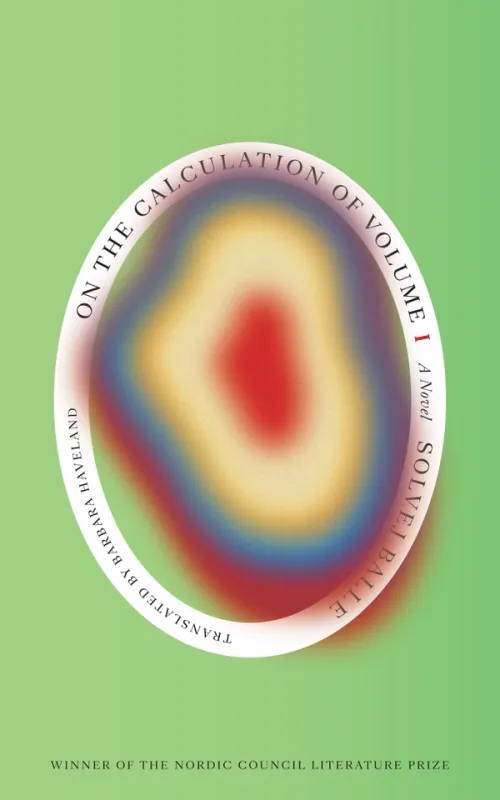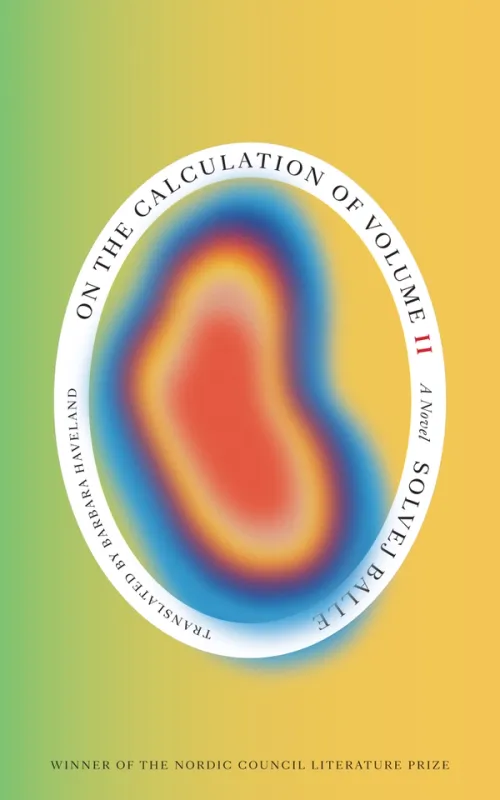
“Because Flora Had Existed. And I Had Loved Her” by Anna Martino, translated from the Portuguese (Brazil) by the author (Samovar, October 28).
“Whale Ocean” by Nanpai Sanshu, translated from the Chinese by Xueting C. Ni (Samovar, October 28)

The Last Day by Owain Owain, translated from the Welsh by Emyr Wallace Humphreys (Parthian Books, November 7)
The Last Day is more than a moving call to arms for speakers of minority languages facing extinction; at its core, it’s a tragic human-scale story played out between the few figures who could have stopped the madness before it was too late. It is, moreover, a meditation on themes like free will, artificial intelligence and the socio-historical processes that contribute towards the death of a nation. These themes are as relevant now – if not more so – as they were when the novel was written. With science fiction tropes recalling Philip K. Dick, Kurt Vonnegut and more recently Olga Ravn’s The Employees, philosophical reflections in the vein of Dostoyevsky’s Notes From the Underground, and its postmodern form, The Last Day is a testament to the depth and creativity of Welsh literature. Its translation into English is long overdue.

On the Calculation of Volume (Book I) by Solvej Balle, translated from the Danish by Barbara J. Haveland (New Directions, November 18)
LONGLISTED FOR THE 2024 NATIONAL BOOK AWARD FOR TRANSLATED LITERATURE
Tara Selter has involuntarily stepped off the train of time: in her world, November 18th repeats itself endlessly. We meet Tara on her 122nd November 18th: she no longer experiences the changes of days, weeks, months, or seasons. She finds herself in a lonely new reality without being able to explain why: how is it that she wakes every morning into the same day, knowing to the exact second when the blackbird will burst into song and when the rain will begin? Will she ever be able to share her new life with her beloved and now chronically befuddled husband? And on top of her profound isolation and confusion, Tara takes in with pain how slight a difference she makes in the world. (As she puts it: “That’s how little the activities of one person matter on the 18th of November.”)

On the Calculation of Volume (Book II) by Solvej Balle, translated from the Danish by Barbara J. Haveland (New Directions, November 18)
The first year of November 18th has come to a close: on its 368th iteration, Tara Selter has returned to her hotel room in Paris, the place where her time problem began. As if perched at the edge of a precipice, she readies herself to leap into November 19th. Book II of Solvej Balle’s astounding seven-part series On the Calculation of Volume beautifully expands on the speculative premise of Book I, drawing us further into the maze of time, where space yawns open, as if suddenly gaining a new dimension, extending into ever more fined-grained textures. Within this new reality, our senses and the tactility of things grow heightened: sounds, smells, sights, objects come suddenly alive, as if the world has begun whispering to us in a new language.

The Third Temple by Yishai Sarid, translated from the Hebrew by Yardenne Greenspan (Restless Books, November 26)
In a near-future Jerusalem, harrowing omens plague the city: a desecrated altar, an unbearable stench, a rampant famine. Shaken but devout, Jonathan, the royal family’s third son, continues to hold services and offer animal sacrifices at the prophesied Third Temple, built to consecrate the founding of the new Kingdom of Judah. His father, Israel’s self-appointed king, has abolished the Supreme Court. The Torah is the law of the land, and only people of the Jewish faith are allowed in. When war breaks out and an angel of God begins to torment Jonathan, warning him of his father’s sacrilege, the foundations of the young priest’s faith—and then his world—begin to give way.
